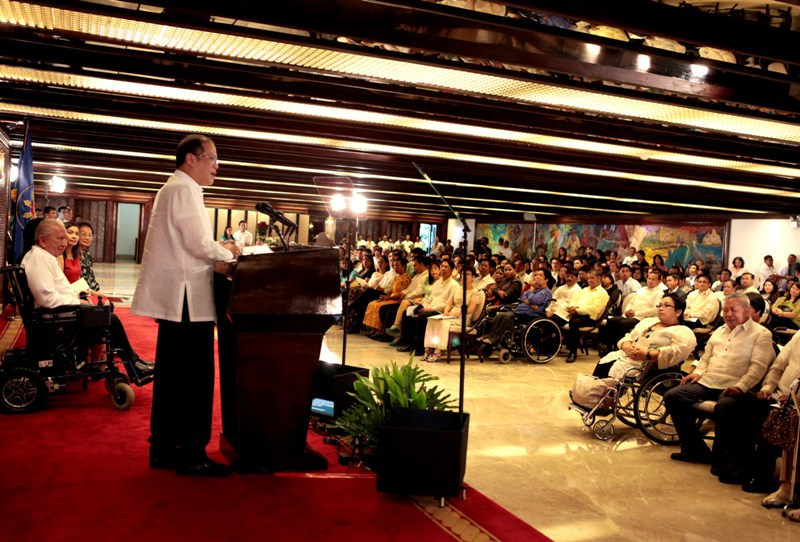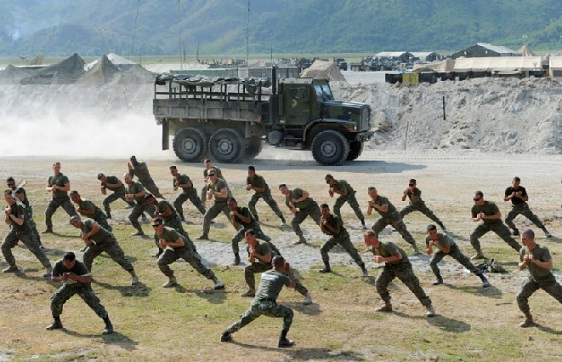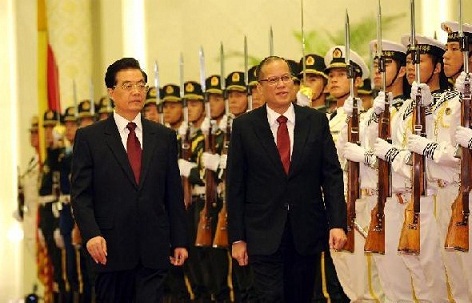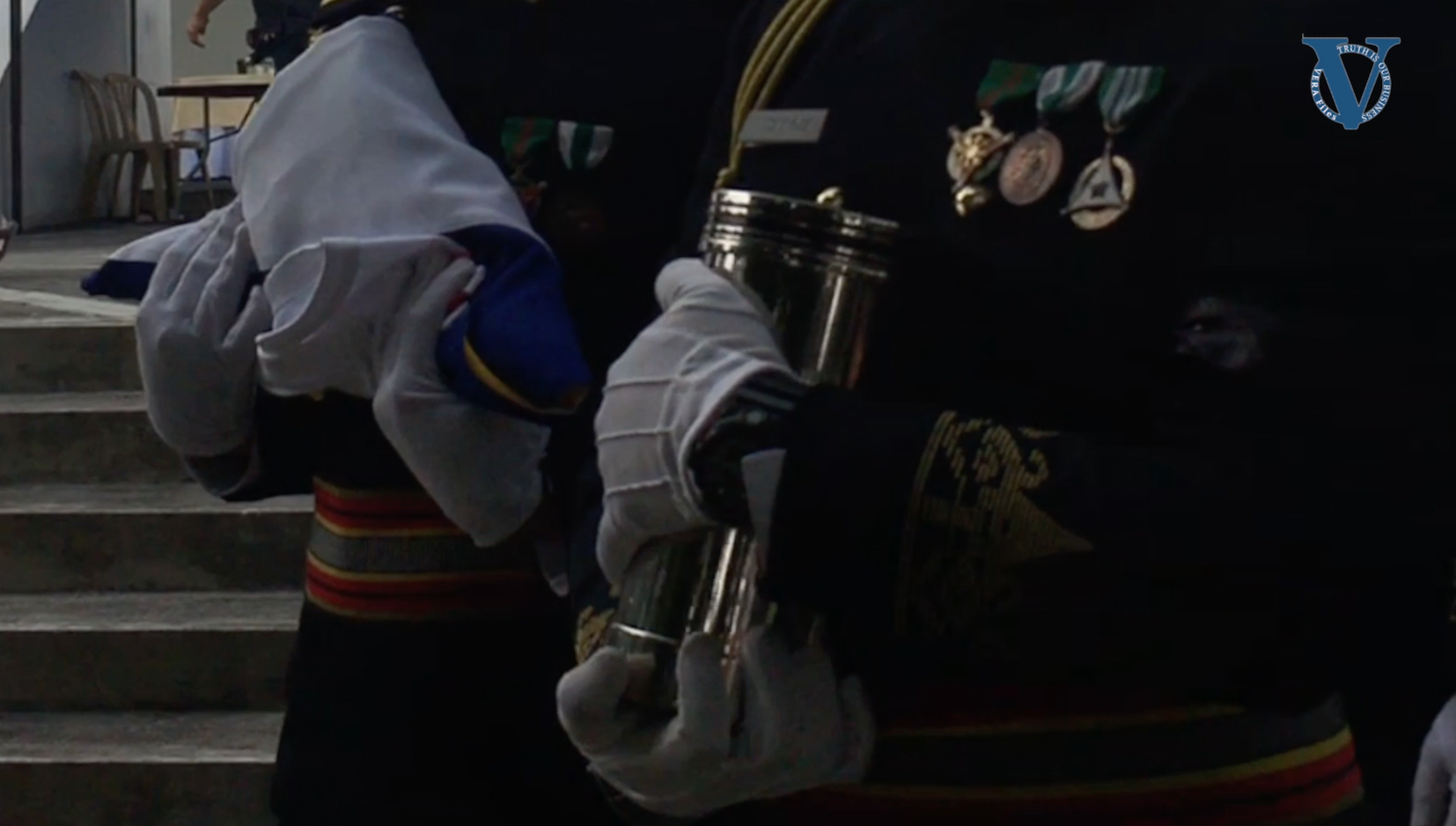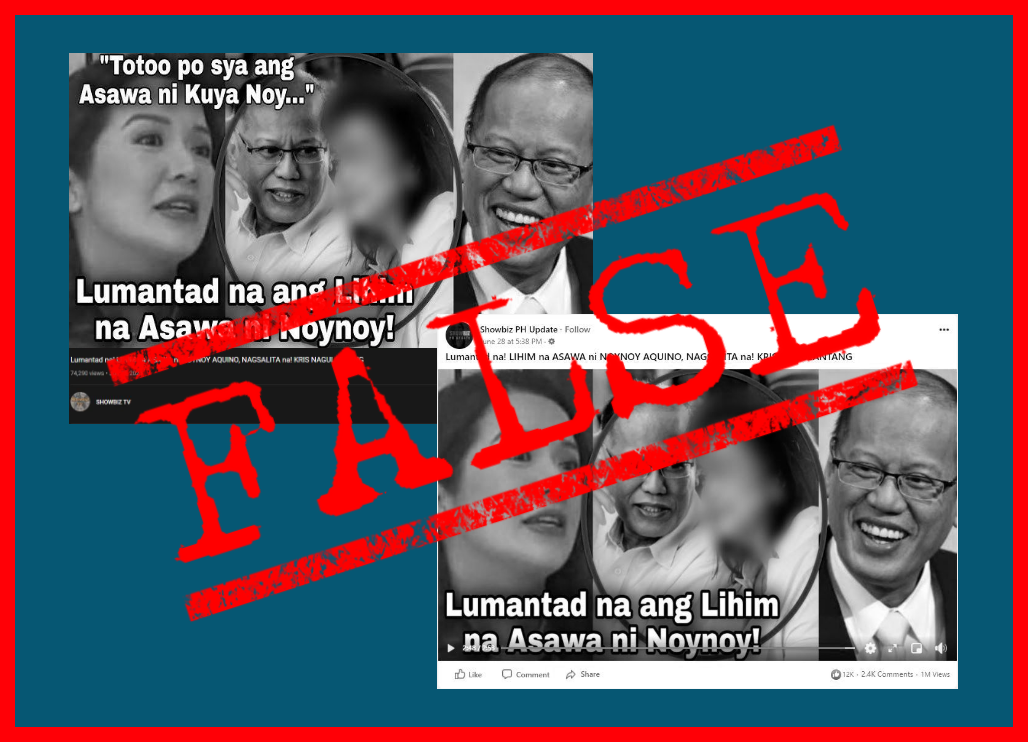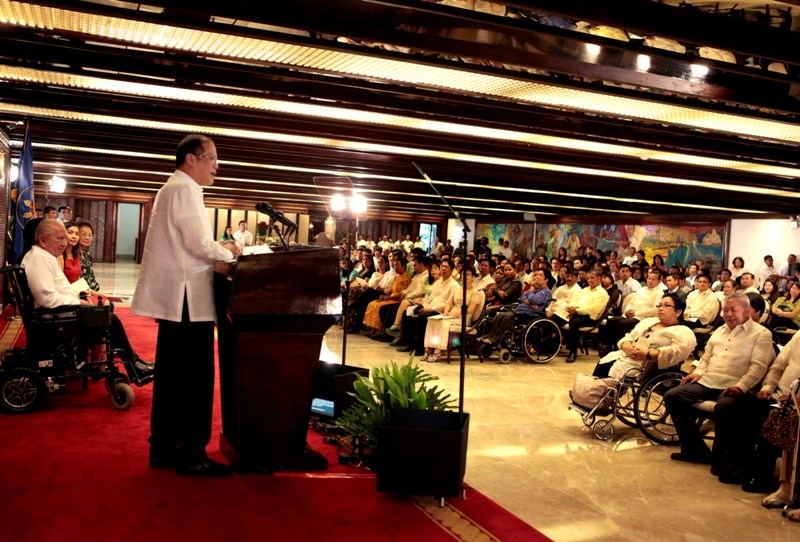
By ELLEN TORDESILLAS
EARLY last week, President Aquino was telling everybody—from the Vietnamese defense minister to guests at the 2013 Apolinario Mabini Awards in Malacanang—that he was pushing through with his Sept. 3 visit to China.
The media reported the trip on Wednesday, and quoted the President saying, “Bibiyahe ho tayo next week. Mahaba hong biyahe sa China. Alis akong ala-singko ng umaga; balik ho nang ala-singko ng hapon. Ayaw nating ma-overstay ang welcome natin doon (We are traveling next week. It will be a long trip to China. I will leave 5 a.m., back 5 p.m. We don’t want to wear out their welcome).”
What Aquino did not know then that he was really not welcome at this time in China, which had already canceled the visit the previous week.
Sources say the President could have been spared the diplomatic embarrassment—or “loss of face,” as the Chinese would say—had officials in the Department of Foreign Affairs and Malacañang only acted fast enough and followed up Chinese efforts to arrange the visit, plans for which began more than a month ago.
Instead, the gaffe blew out in the open on Thursday. In response to the story that appeared in the media, Foreign Affairs Spokesman Raul Hernandez issued a statement by text message to the press.
“The President has decided not to proceed to CAExpo taking into consideration China’s request for the President to visit China at a more conducive time. On the part of the Philippines, we will continue to abide by our principled position that bilateral relations can advance despite differences,” Hernandez said.
In Beijing, the Chinese Foreign Ministry told Reuters, “China never extended an invitation to the Philippine president.”
In Manila, as early as Aug. 23, the Chinese Foreign Ministry had informed the Philippine government that Aquino was not welcome to visit China at this time.
The botched plans confused the groups that had been preparing for the President’s trip to Nanning, capital of Guangxi Zhuang Autonomous Region, where he was to attend the 10th ASEAN-China Expo (CAEXPO).
A contingent from the Presidential Security Group was set to leave for Nanning supposedly to work with their counterpart on security arrangements. The media had also started making travel arrangements. A business group, composed mostly of Chinese-Filipino businessmen, had chartered a Philippine Airlines aircraft for the trip and was supposed to leave on Sept. 2.
Amid the confusion, here’s what VERA Files gathered:
On July 17, Guangxi Governor Chen Wu, as part of his Southeast Asian visit to promote the Nanning Expo, visited Manila and met with Vice President Jejomar Binay. Chen told Binay that the organizers would welcome a high-level delegation from the Philippines, which was this year’s “country of honor.”
A source said Binay expressed interest to head the Philippine delegation. There was no commitment from Chen, however, as he was scheduled to meet Foreign Secretary Albert del Rosario that day.
The meeting with del Rosario didn’t push through. Another source said Chen got instructions from Beijing to cancel the meeting with Del Rosario.
In diplomacy, “high level” refers to ministers or Cabinet secretaries up to the vice president. The President, the “highest level,” would require a direct invitation from the head of government of the host country.
Hernandez said, “The invitation was to the country, to the Philippines, requesting that we send a high-level delegation to the CAEXPO in Nanning. And since we are the country of honor at this time, the practice that the head of the government or the head of state goes to the CAEXPO in Nanning when they are the country of honor.”
Interior Secretary Mar Roxas headed the Philippine delegation to last year’s expo. At the time, Myanmar was the country of honor, and President U Thein Sein led its delegation.
On July 24, one week after the Guangxi governor’s visit, DFA Undersecretary for Policy Evan Garcia informed Chinese Ambassador Ma Keqing that Aquino would like to visit China.
This was the time that Malacañang was toning down its once strong statements against China. In his July 22 State of the Nation Address, the President did not mention Philippine territorial dispute with China, a marked departure from his past two addresses.
Philippine Ambassador to China Erlinda Basilio had recommended that Aquino visit China to rekindle once robust relations with Asia’s superpower, which were strained by a confrontation over Bajo de Masinloc, known internationally as Scarborough Shoal, in April last year.
The filing by the Philippines of a suit at the United Nations Arbitral Court questioning the legality of China’s 9-dash line map had further strained relations with Beijing.
China welcomed Aquino’s intention to visit China.
On Aug. 9, Garcia and Chinese Vice Foreign Minister Liu Zhenmin met in Hong Kong to discuss Aquino’s possible China visit including attendance at the Nanning CAEXPO on Sept. 3. The two agreed that Garcia would inform Liu of “feedback” so they could hold pre-visit meetings.
But Garcia never got back to Liu or to the Chinese Embassy in Manila.
On Aug. 12, in a diplomatic reception, Ma asked Foreign Affairs Assistant Secretary for Asia and Pacific Tess Lazaro for development on the proposed Aquino China visit.Lazaro told Ma that she would talk to Garcia.
Two days later, Ma and Lazaro met again in another diplomatic reception. Lazaro told Ma that Garcia was in Bangkok and that the DFA undersecretary would get in touch with Ma when he got back. Garcia never did.
VERA Files called Garcia and sent him the questions by text but he never replied.
On Aug. 23, with only a little over a week before the event, the Chinese Foreign Ministry informed the Philippine Embassy in Beijing, through Deputy Chief of Mission Antonio Morales, that since there were no preliminary meetings on the President’s proposed trip to Nanning, China “can’t guarantee that it would be fruitful.” It advised that Trade Secretary Gregory Domingo head the Philippine delegation.
Four days had passed and the Chinese Embassy didn’t get any response from the DFA on its Aug. 23 message.
Worried about the non-response from the Philippine government about their Aug. 23 message the Chinese Embassy last Tuesday asked someone close to Malacañang to relay the message that China preferred that Domingo, not the President, head the delegation to the Nanning Expo. The message was relayed. Yet, the President still announced Wednesday afternoon that he was going to China.
Hernandez said China’s request for the President to visit China at the conducive time was officially relayed to Del Rosario, who was in Beijing for the China-ASEAN Foreign Ministers Special Meeting, by Chinese Foreign Minister Wang Yi last Wednesday.
Asked if DFA had relayed the Aug. 23 message which would have saved Aquino the embarrassment of announcing something that had already been canceled, Hernandez said, “I don’t know the details but I understand Malacañang was informed at all times.”
